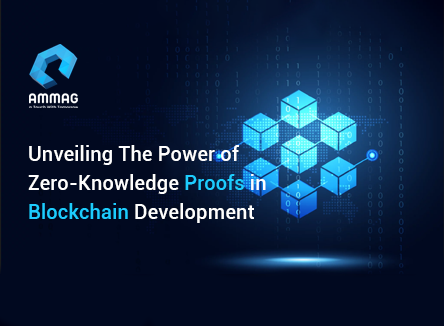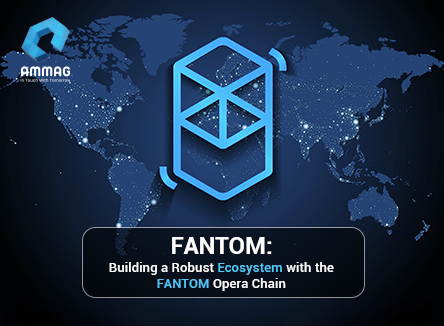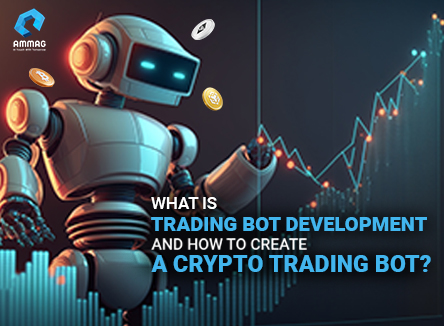What is a Smart Contract and Its Central Role in Blockchain Development
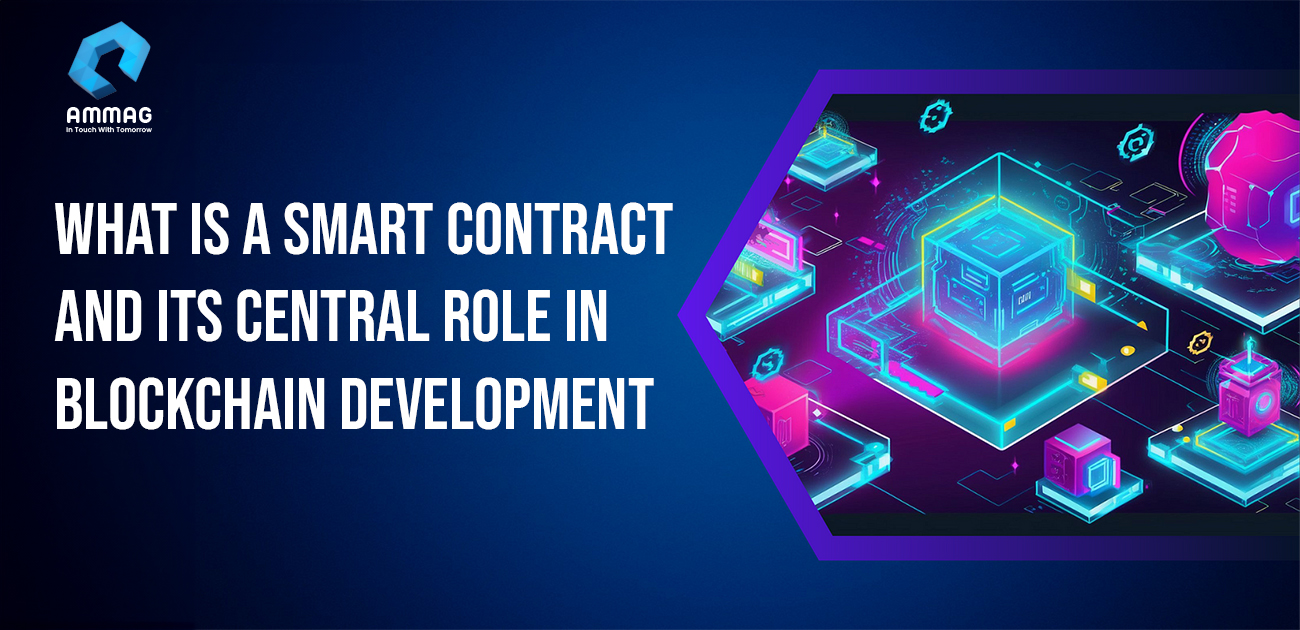
Blockchain technology has ushered in a new era of trust, transparency, and security across various industries. At the heart of this transformative technology lies smart contracts, which have evolved into indispensable components of blockchain development. This blog seeks to provide you with a comprehensive understanding of what smart contracts are and explore their vital role in blockchain technology. We will delve into the significance of selecting the right smart contract development company, the role of wallet app development company, and the exciting intersection of artificial intelligence with smart contracts.
Understanding Smart Contracts
Smart contracts, often promoted as the digital counterparts of traditional contracts, are self-executing agreements with predefined rules and conditions directly encoded into computer programs. These contracts operate on decentralized blockchain networks and, true to their name, automatically execute specific actions when predetermined conditions are met.
Their self-executing nature is what sets them apart. Imagine a scenario where a contract manages the transfer of ownership in a real estate deal. With a traditional contract, intermediaries such as lawyers, notaries, and banks play pivotal roles in facilitating and validating the process. In contrast, a smart contract, executing on a blockchain, can automatically transfer the property title to the buyer as soon as the agreed-upon payment is received. No middlemen, no delays, just streamlined execution.
This feature makes smart contracts incredibly versatile, applicable to a wide range of use cases, including supply chain management, legal agreements, financial transactions, and more. However, to unlock the full potential of smart contracts, it's essential to comprehend their central role in the broader blockchain ecosystem and the role of smart contract development companies.

The Vital Role of Smart Contracts in Blockchain Development
Smart contracts are the core of blockchain technology, a fact that's evident in their widespread adoption. Their central role revolves around establishing trust, reducing the need for intermediaries, and enhancing security. In sectors like finance, healthcare, and real estate, smart contracts streamline operations, expedite transactions, and fortify the security of sensitive data.
Traditional contracts are often plagued by issues of trust and human error. With paper contracts, there's always a risk that one party may back out on the agreement or that third parties may make errors in execution. The blockchain, on which smart contracts operate, mitigates these risks by making transactions immutable, transparent, and secure. Every action and agreement is recorded on the blockchain for all parties to see, ensuring trust and reliability.
Moreover, smart contracts eliminate the need for intermediaries who might introduce delays and fees into the process. For example, in international remittances, banks and currency conversion services are often intermediaries that charge high fees and cause delays. Smart contracts can automate this process, ensuring that funds are converted and transferred as soon as the conditions are met, and all this without a middleman's intervention.
In essence, smart contracts act as the core of blockchain technology, the enablers of trust, efficiency, and security. They empower businesses and individuals to transact in a trustless, decentralized environment, paving the way for new paradigms in how we manage agreements and value exchange.
Selecting the Right Smart Contract Development Company
To harness the full potential of smart contracts, choosing the right development partner is paramount. Smart contract development company are the architects of these digital agreements, responsible for turning your concepts into secure and efficient code.
In the vast landscape of smart contract development, finding the right company can be a critical decision. Whether you're a startup or an established enterprise, the success of your project hinges on the expertise, experience, and reliability of your chosen development partner.
So, what should you look for in a smart contract development company? First and foremost, a successful track record is essential. Check for their past projects and their outcomes. An experienced company should be able to provide examples of how their smart contracts have streamlined processes, reduced costs, and improved security for their clients.
The team's expertise is equally crucial. Smart contract development requires a deep understanding of blockchain technology, programming languages, and the legal and business domains in which the contracts will operate. A competent team will be able to navigate these intricacies with ease.
Transparency is another vital factor. Clear communication, honest timelines, and fair pricing are indicators of a trustworthy company. Developing a smart contract often involves multiple iterations and testing, so working with a transparent company is vital for a successful outcome.
Choosing the right smart contract development company is akin to selecting an architect and builder for a groundbreaking construction project. They will be responsible for the foundation upon which your digital agreements stand. Your choice will impact the efficiency, security, and success of your project. Ammag Technologies, with its top blockchain deployment services, is a prime example of a reliable partner in this endeavor.
Benefits of Smart Contracts
Smart contracts offer a myriad of benefits that have been instrumental in propelling them to the forefront of blockchain technology. As we navigate this landscape, it's important to understand how they can transform business operations and agreements.
Transparency
:
One of the standout advantages of smart contracts is the transparency they offer. All contract terms,
conditions, and actions are recorded on the blockchain, visible to all parties involved. This transparency
ensures that there's no ambiguity, dispute, or manipulation of the agreed-upon terms.
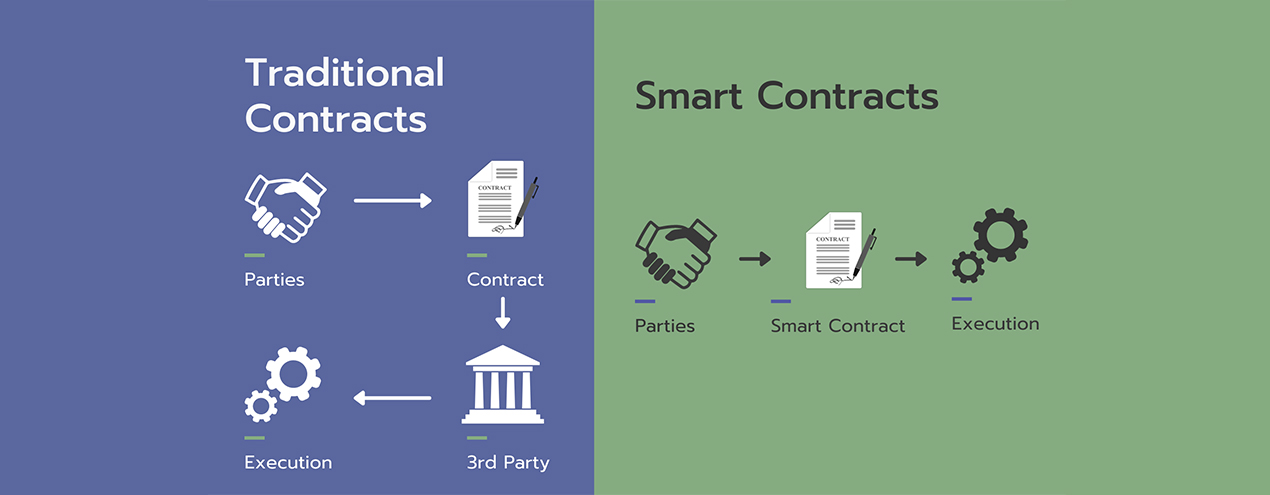
Security
:
Security is a paramount concern in today's digital age. Smart contracts enhance security
through their self-executing nature and the underlying blockchain technology.
The immutability of the blockchain ensures that once a transaction is recorded,
it cannot be altered or deleted. This robust security framework
reduces the risk of fraud and unauthorized alterations.
Automation
:
Automation is a key driver of efficiency and cost savings. Smart contracts, by their very design, automate
the execution of agreements. This automation significantly reduces the need for manual oversight,
streamlining processes and reducing the possibility of human error.
Reduced Costs
:
Traditional contracts often involve multiple intermediaries, each charging fees for their services. These
costs can add up significantly. Smart contracts eliminate the need for intermediaries, resulting in
substantial cost savings. This is particularly beneficial in industries like finance, where fees
associated with intermediaries can be high.
Speed:
Smart contracts execute transactions in near real-time. For instance, in the case of financial
transactions, once the conditions are met, the transfer of funds or assets occurs almost instantly. This
swift execution is crucial in situations where time-sensitive actions are required.
Versatility:
Smart contracts are versatile and can be applied across a wide array of industries. They find use in
supply chain management, healthcare, legal agreements, and more. Their flexibility and adaptability make
them a valuable asset in a rapidly changing business landscape.
The benefits of smart contracts are clear, and they have been a catalyst for their adoption across industries. However, reaping these rewards necessitates navigating certain challenges in smart contract development. Let’s explore some of these challenges and strategies to overcome them.
Navigating Challenges in Smart Contract Development
:
Despite their numerous benefits, smart contract development is not without its challenges. Issues such as
code vulnerabilities and legal ambiguities need to be addressed to ensure the successful implementation of
smart contracts.
Code Vulnerabilities:
One of the critical challenges in smart contract development is code vulnerabilities.
A flaw in the code can lead to vulnerabilities that attackers can exploit. This is particularly
problematic in the world of blockchain, where once a transaction is executed, it cannot be reversed. To
mitigate this risk, thorough code auditing and testing are essential.
Legal Ambiguities
:
The legal landscape surrounding smart contracts is still evolving. Questions about their enforceability
and the recognition of digital agreements in a court of law need to be addressed. Smart contract
development companies often work closely with legal experts to ensure that the contracts they create
comply with relevant laws and regulations.
Scalability
:
As blockchain technology and smart contracts become more popular, scalability can be an issue. The
blockchain network may face congestion and delays. This challenge requires ongoing technological
innovation and adaptation to ensure the network can handle the increasing load.
Overcoming these challenges requires expertise and a commitment to continuous improvement. Smart contract development companies play a crucial role in addressing these issues and ensuring that smart contracts operate seamlessly.
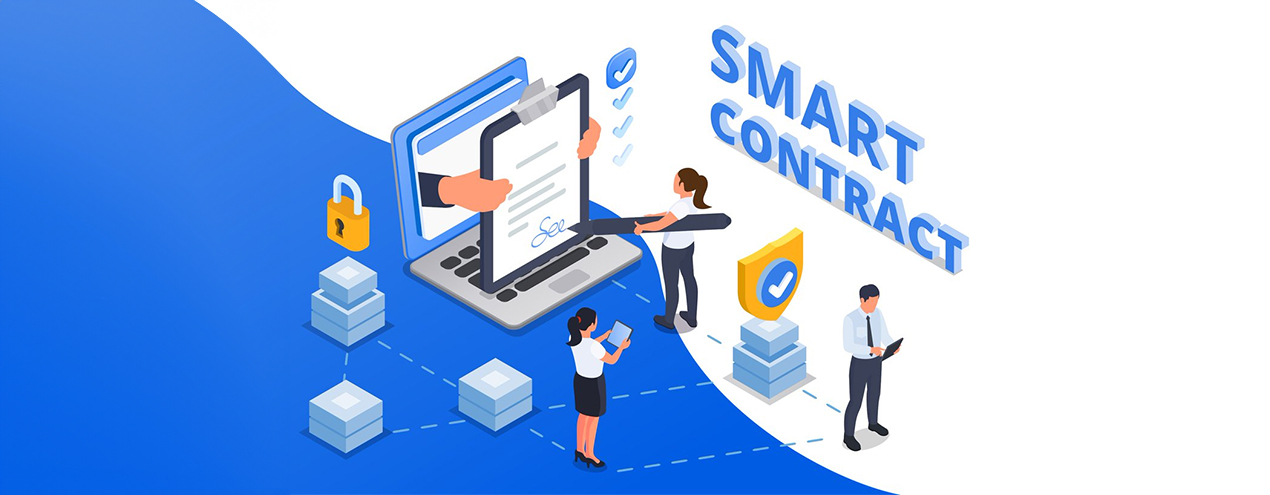
Role of Wallet App Development Companies
In the intricate ecosystem of blockchain and cryptocurrency, wallet app development companies play a pivotal role in ensuring the secure storage and management of digital assets. Digital wallets are the gateways to the blockchain world, acting as the bridge between users and their cryptocurrencies. Wallets come in various forms, including software wallets, hardware wallets, and mobile wallets, each offering its unique advantages.
Security is of paramount concern in the world of digital assets. Wallet app development companies are entrusted with the responsibility of creating wallets that provide robust security features, safeguarding users' private keys and assets from potential threats. They employ encryption techniques, biometric authentication, and other security measures to fortify the protection of digital assets.
User experience is equally important. Wallets should be user-friendly, intuitive, and accessible to a wide range of users, including those who may not possess in-depth technical knowledge. These companies strive to create interfaces that make the management of digital assets a seamless experience.
Ammag Technologies, as a prominent blockchain development service provider, understands the vital role of wallet app development in the blockchain ecosystem. Their expertise extends to creating secure and user-friendly digital wallets, ensuring that clients and users have a secure and hassle-free experience in managing their digital assets.
AI Integration with Smart Contracts
AI development and the integration of artificial intelligence (AI) with smart contracts represent a promising synergy that holds the potential to revolutionize various industries. AI, with its ability to analyze vast datasets and make predictions, can complement the self-executing nature of smart contracts.
In essence, AI can enable smart contracts to adapt and respond dynamically to changing conditions. For instance, in the realm of insurance, AI can continuously monitor external factors, such as weather conditions, and automatically trigger a smart contract to compensate policyholders in the event of adverse weather events.
The intersection of AI and smart contracts also holds promise in supply chain management. AI-powered sensors can provide real-time data, which can be integrated into smart contracts to automate processes such as order fulfillment, inventory management, and quality control.
Furthermore, AI can enhance the security of smart contracts by detecting potential anomalies or breaches in real-time. If an AI system detects suspicious activity, it can trigger actions within the smart contract, such as freezing funds or notifying relevant parties.
Real-World Applications of Smart Contracts
Smart contracts are not merely theoretical concepts; they are already making waves in the real world, transforming how industries operate. Their versatility and security have led to a multitude of applications across various sectors, revolutionizing traditional processes and offering innovative solutions.
Healthcare:
Smart contracts have a profound impact on healthcare. They streamline the management of
medical records, enabling secure data sharing among healthcare providers. Moreover, smart
contracts automate insurance claims, enhancing efficiency, while also ensuring compliance with
stringent privacy regulations.
Voting Systems
:
In the realm of democratic processes, smart contracts provide a breakthrough solution.
They enable transparent and tamper-proof electronic voting systems, significantly enhancing
the integrity of elections. By reducing the risk of fraud and ensuring the accuracy of the voting
process, smart contracts offer a robust foundation for fair and secure democratic procedures.
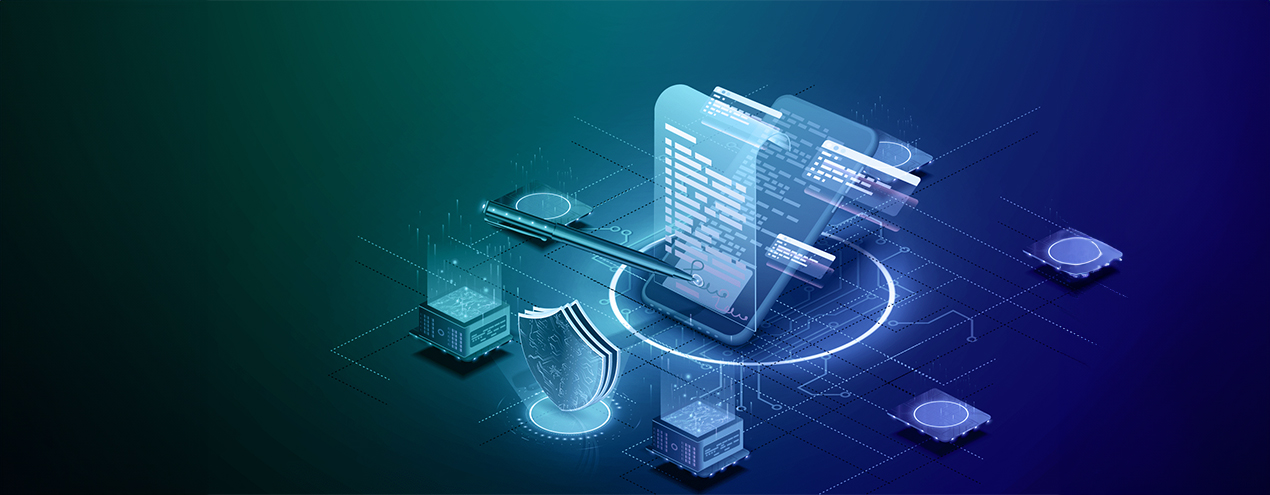
Intellectual Property Rights
:
Smart contracts redefine the world of intellectual property. They automate the distribution of royalties
for artists and creators when their work is utilized or purchased. This innovative application ensures
that content creators receive fair compensation swiftly, addressing long-standing challenges in the world
of intellectual property.
Energy Trading
:
In the renewable energy sector, smart contracts automate energy trading. They enable the buying and
selling of excess energy between producers and consumers. This automation streamlines the energy grid,
making it more efficient, sustainable, and adaptable to the demands of a rapidly changing energy
landscape.
Education and Credentials
:
Smart contracts offer enhanced security and efficiency in the field of education and credentials. They can
validate and verify educational credentials, certificates, and degrees, reducing the risk of fraudulent
claims. This application ensures the accuracy and reliability of educational qualifications, benefiting
both academic institutions and individuals.
Real Estate
:
Smart contracts are transforming real estate transactions by automating processes such as property title
transfers, escrow agreements, and payment settlements. They enhance transparency and reduce the risk of
fraud, making real estate transactions more efficient and secure.
Supply Chain Finance
:
Beyond supply chain management, smart contracts also facilitate supply chain finance. They automate
payments to suppliers when goods are delivered and confirmed. This application reduces the risk of delayed
payments, enhancing the financial stability of businesses along the supply chain.
Tokenized Assets
:
Smart contracts enable the creation of digital tokens representing real-world assets like real estate,
art, or stocks. This innovation simplifies the buying, selling, and transfer of ownership for
these assets, making them more accessible and liquid.
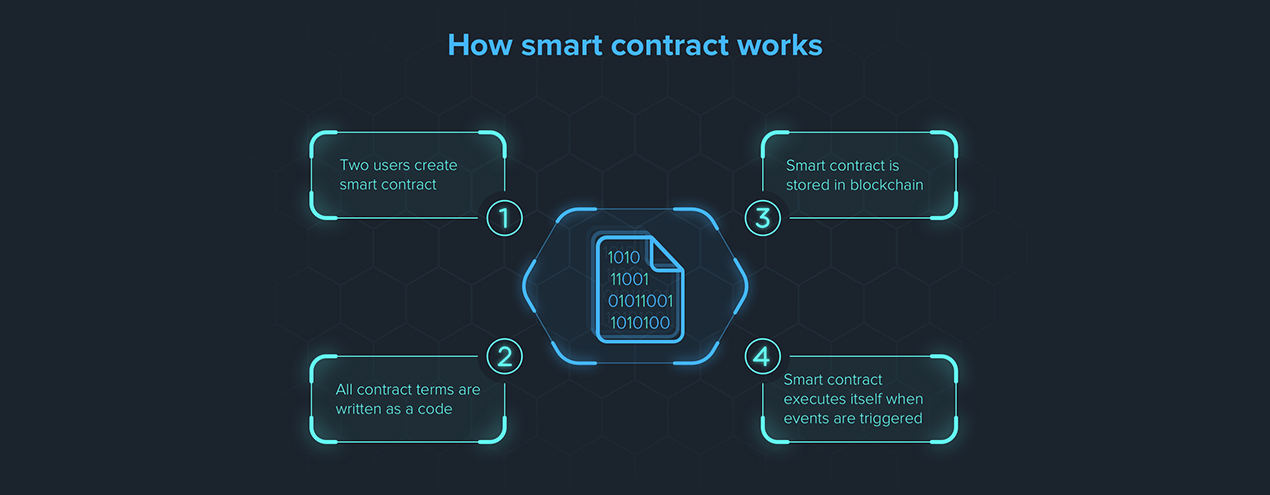
Automated Compliance
:
In the domain of regulatory compliance, smart contracts ensure businesses adhere to regulations by
automatically enforcing compliance requirements. This minimizes the risk of penalties and legal issues,
providing a robust framework for businesses to operate within legal boundaries.
Charity and Aid Distribution
:
Smart contracts provide transparent and automated distribution of funds to charitable organizations. This
ensures efficient and accountable allocation of resources, making sure that aid reaches those in need
promptly.
Quality Assurance in Manufacturing
:
Smart contracts are essential in the manufacturing sector, where they track and verify the
quality and authenticity of products throughout the production process. This application reduces
the risk of counterfeit goods, ensuring the quality and safety of products for consumers.
These applications showcase the diverse and transformative potential of smart contracts in various sectors, streamlining processes, enhancing security, and reducing the need for intermediaries.
Conclusion and Key Takeaways
In conclusion, smart contracts are not just a buzzword in the world of blockchain technology; they are a pivotal force shaping how we conduct business and execute agreements. Their transparency, security, and automation capabilities make them indispensable across industries.
Furthermore, the integration of AI amplifies their power, enabling dynamic and secure digital agreements. As you navigate this transformative landscape, remember that Ammag Technologies, a prominent blockchain development service provider, is here to offer top blockchain deployment services, guiding you on your journey into the world of blockchain and smart contracts.







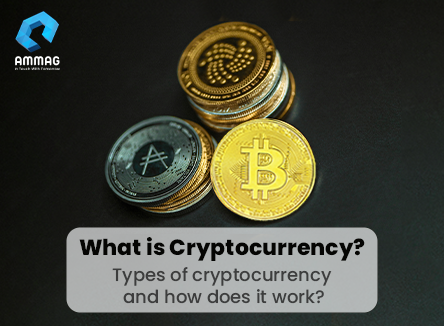





-and-How-Does-It-Work/Main-Image_02.jpg)



















